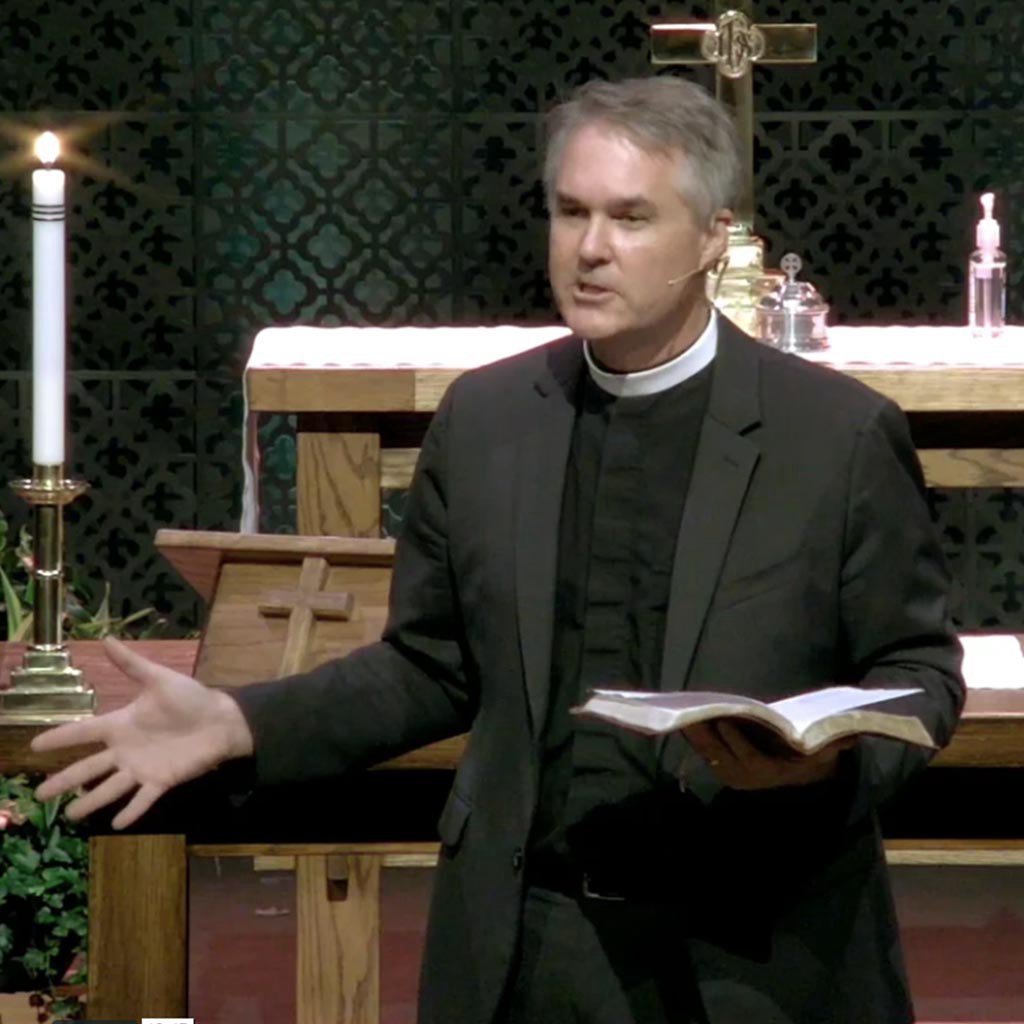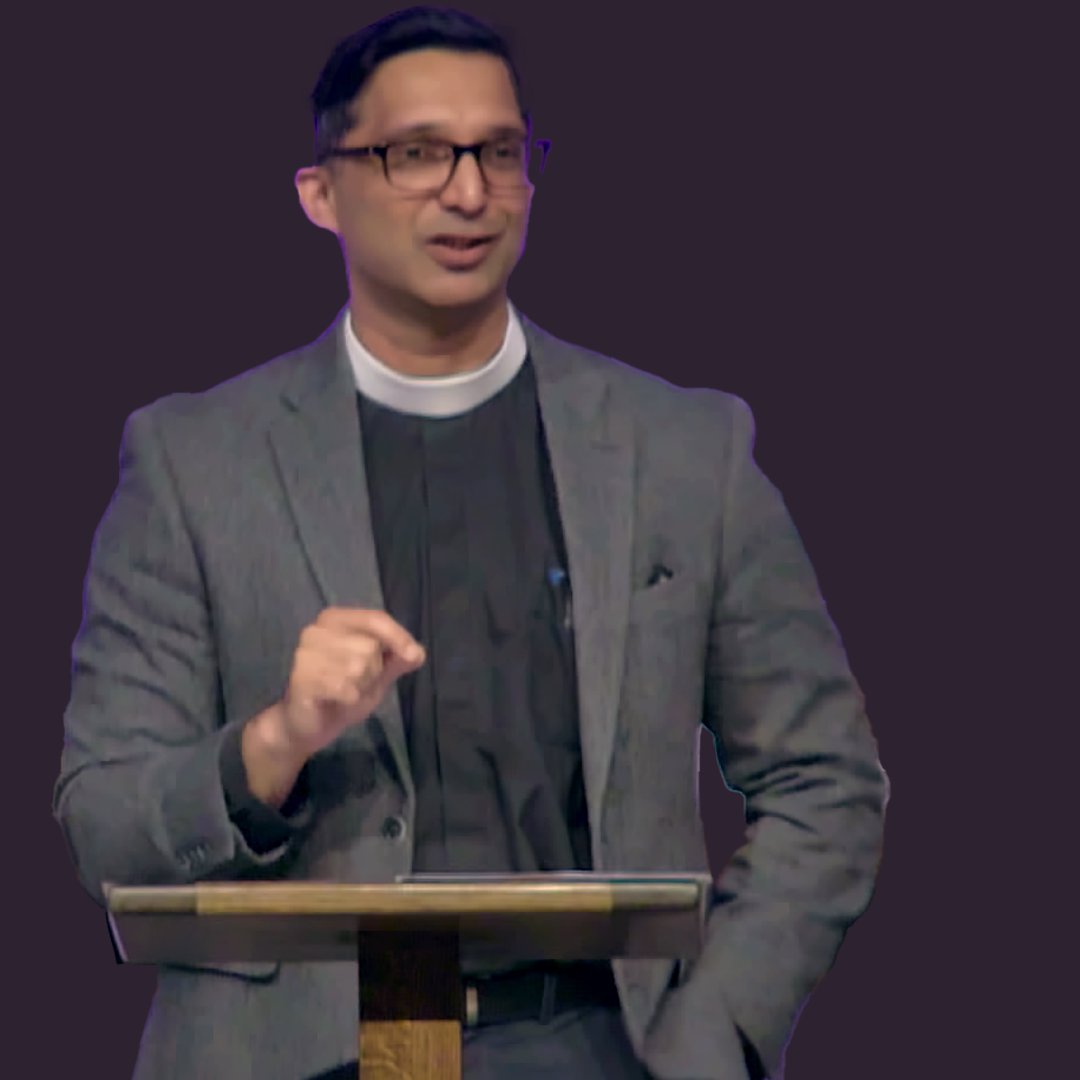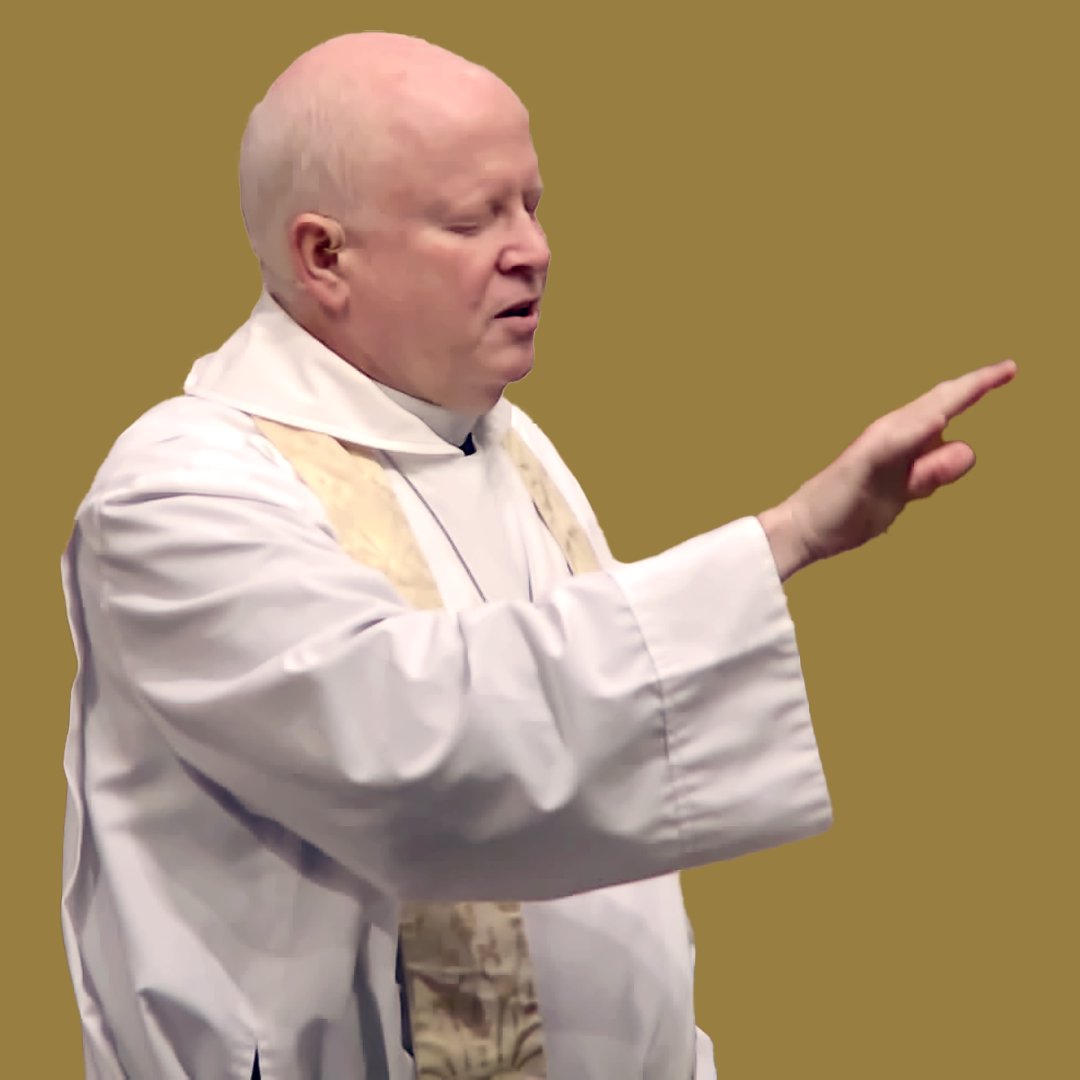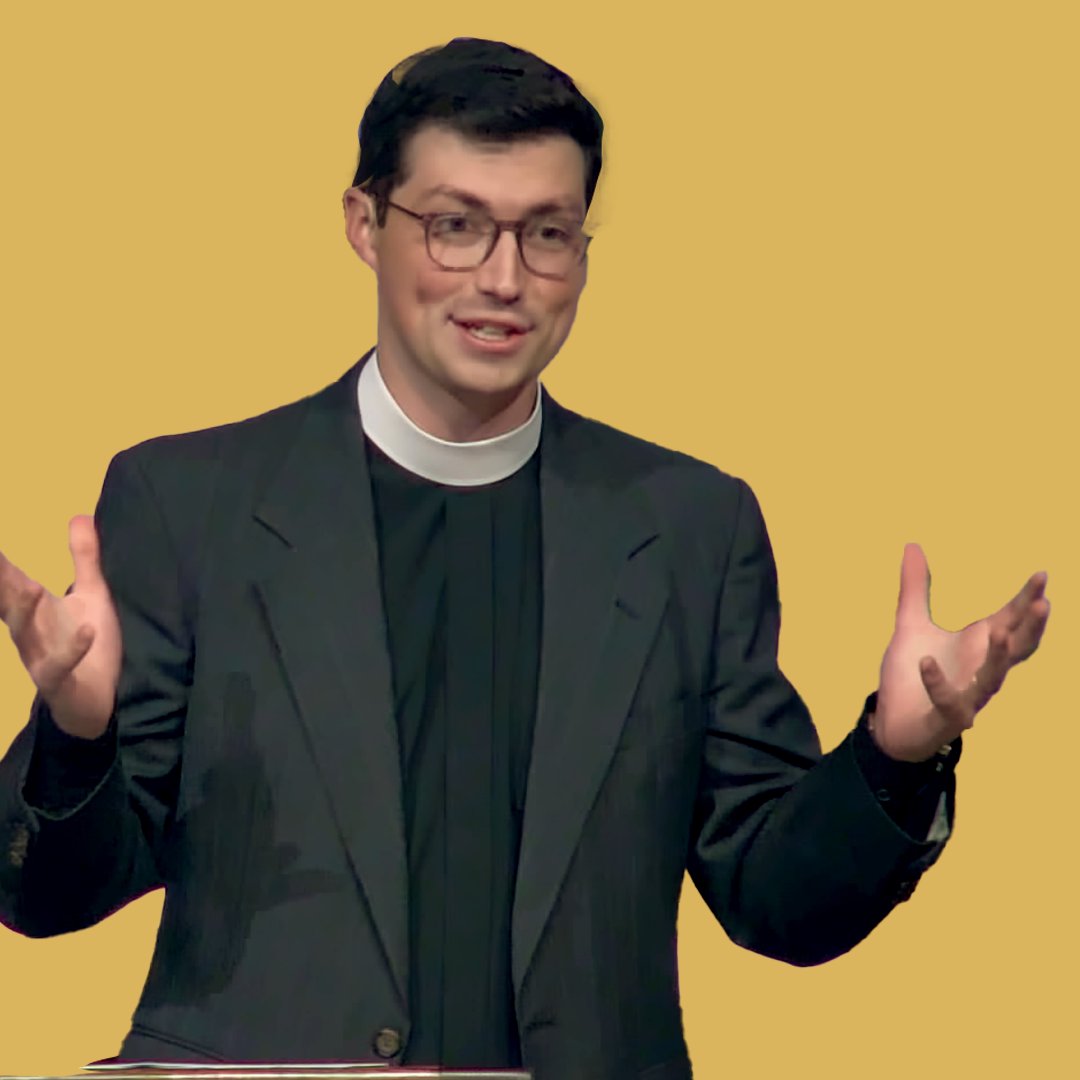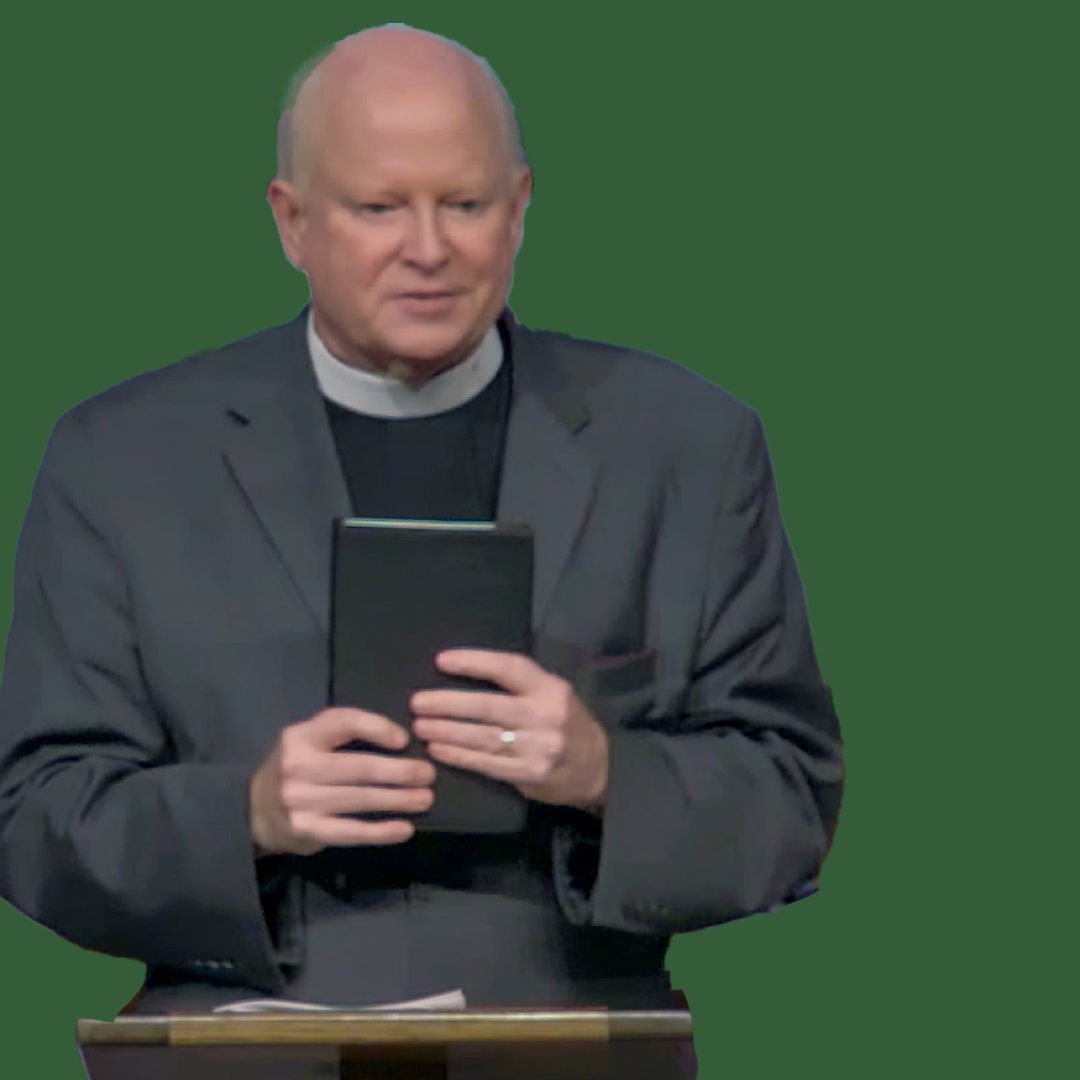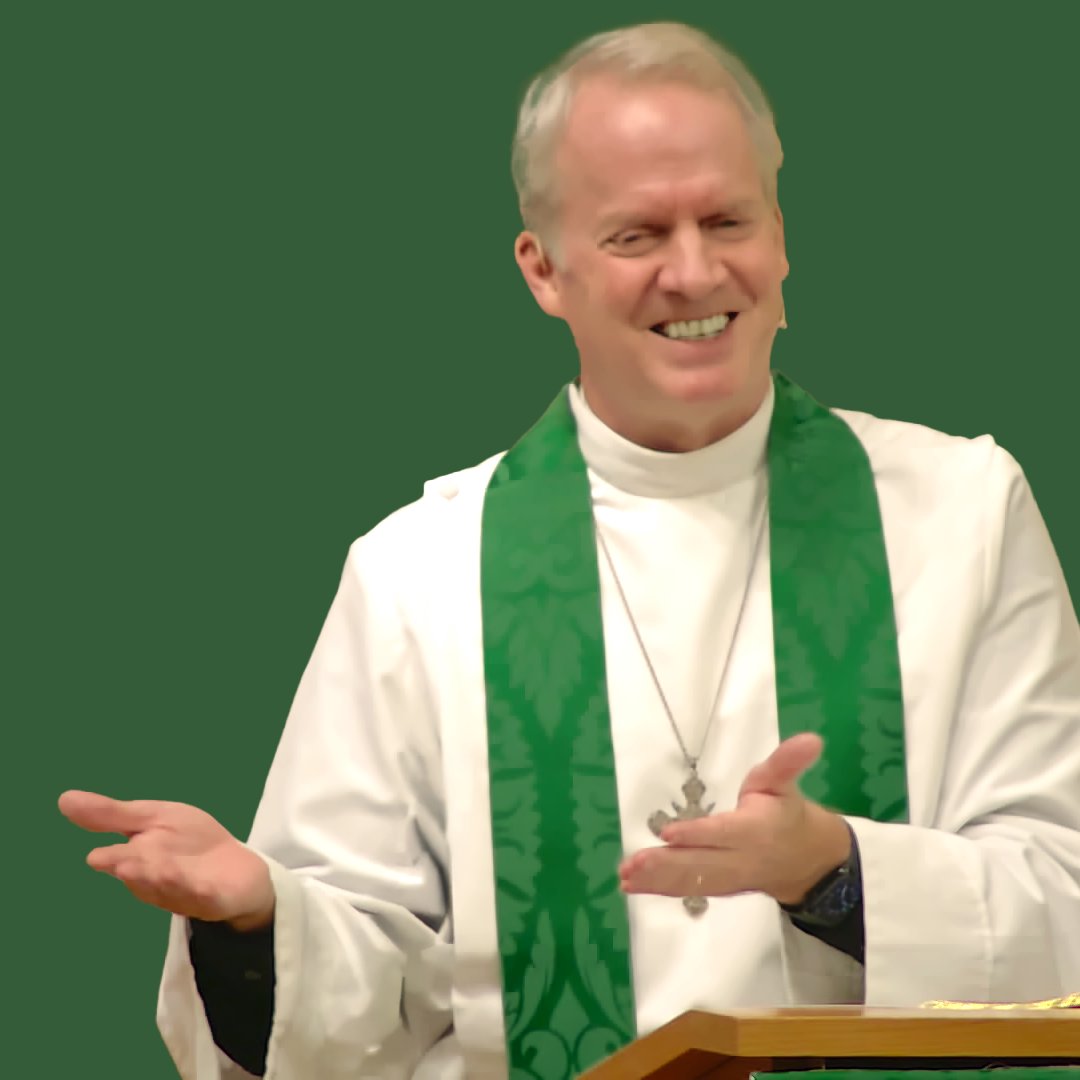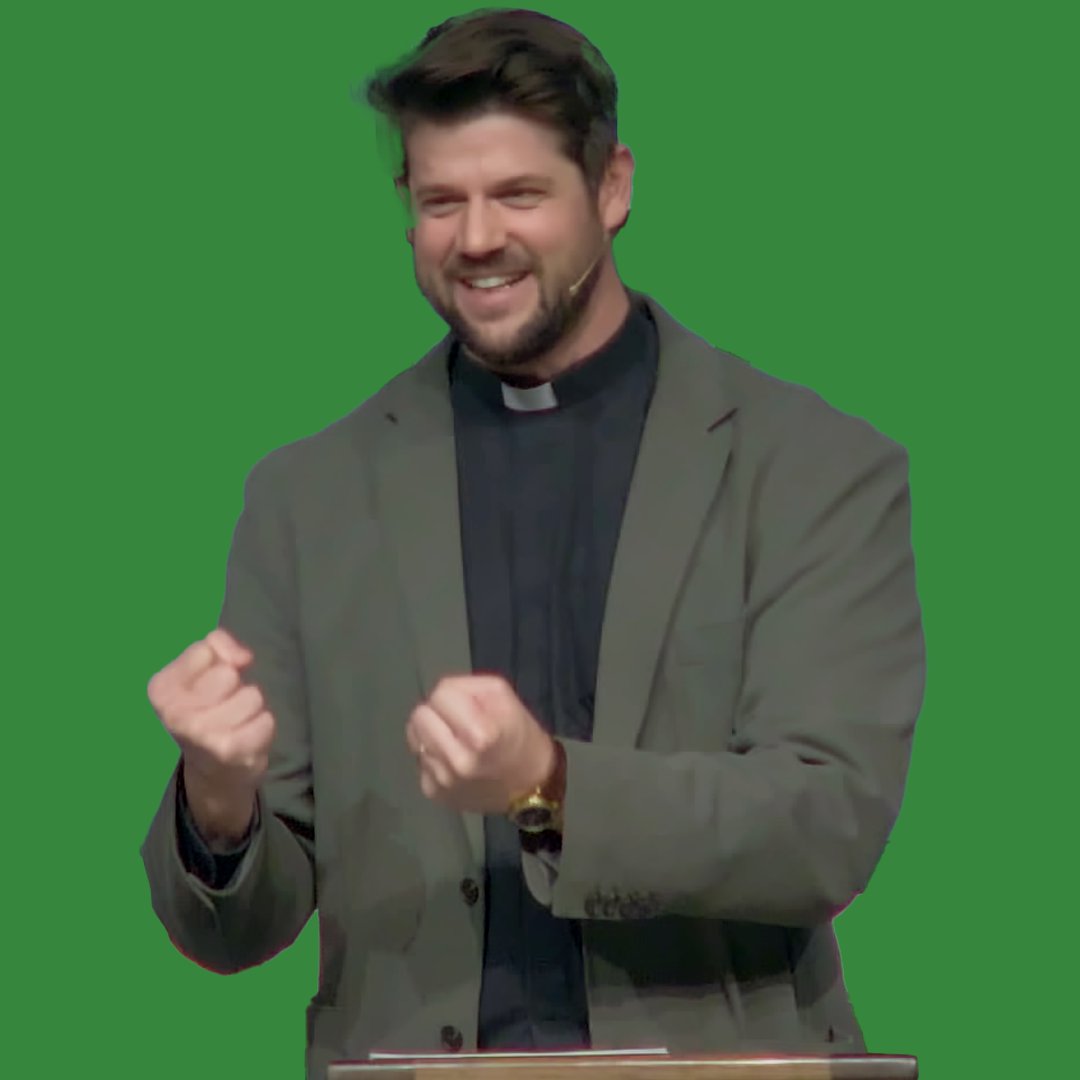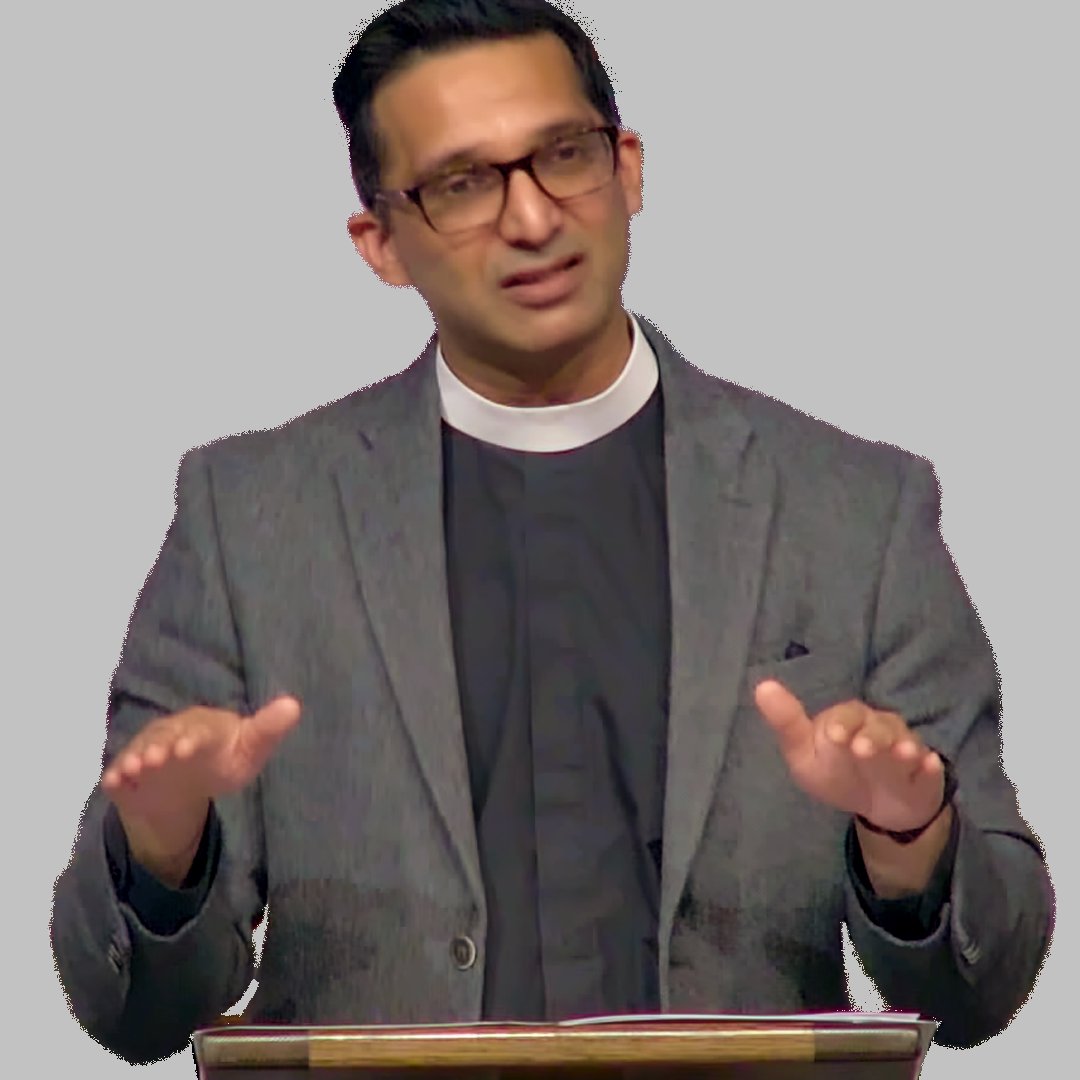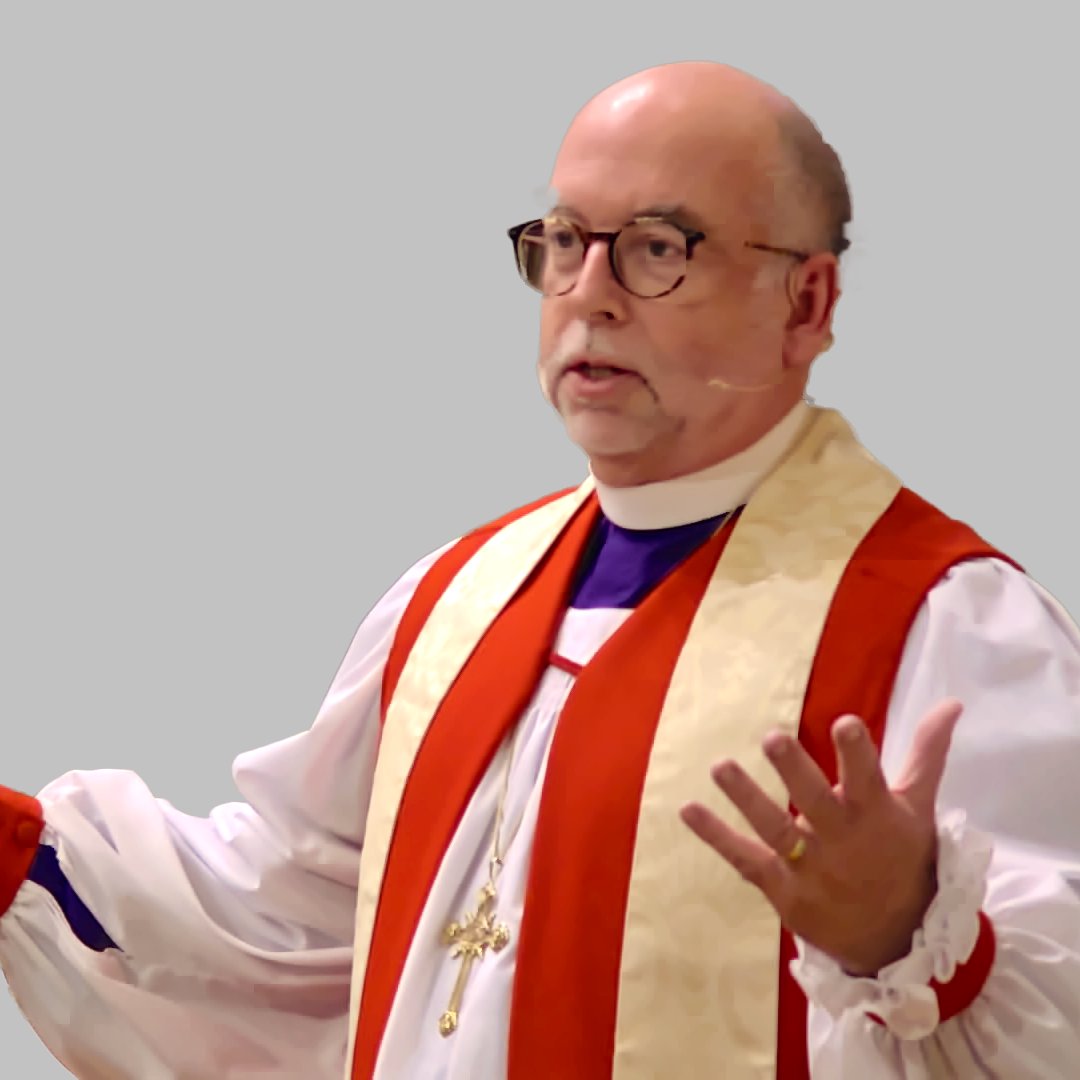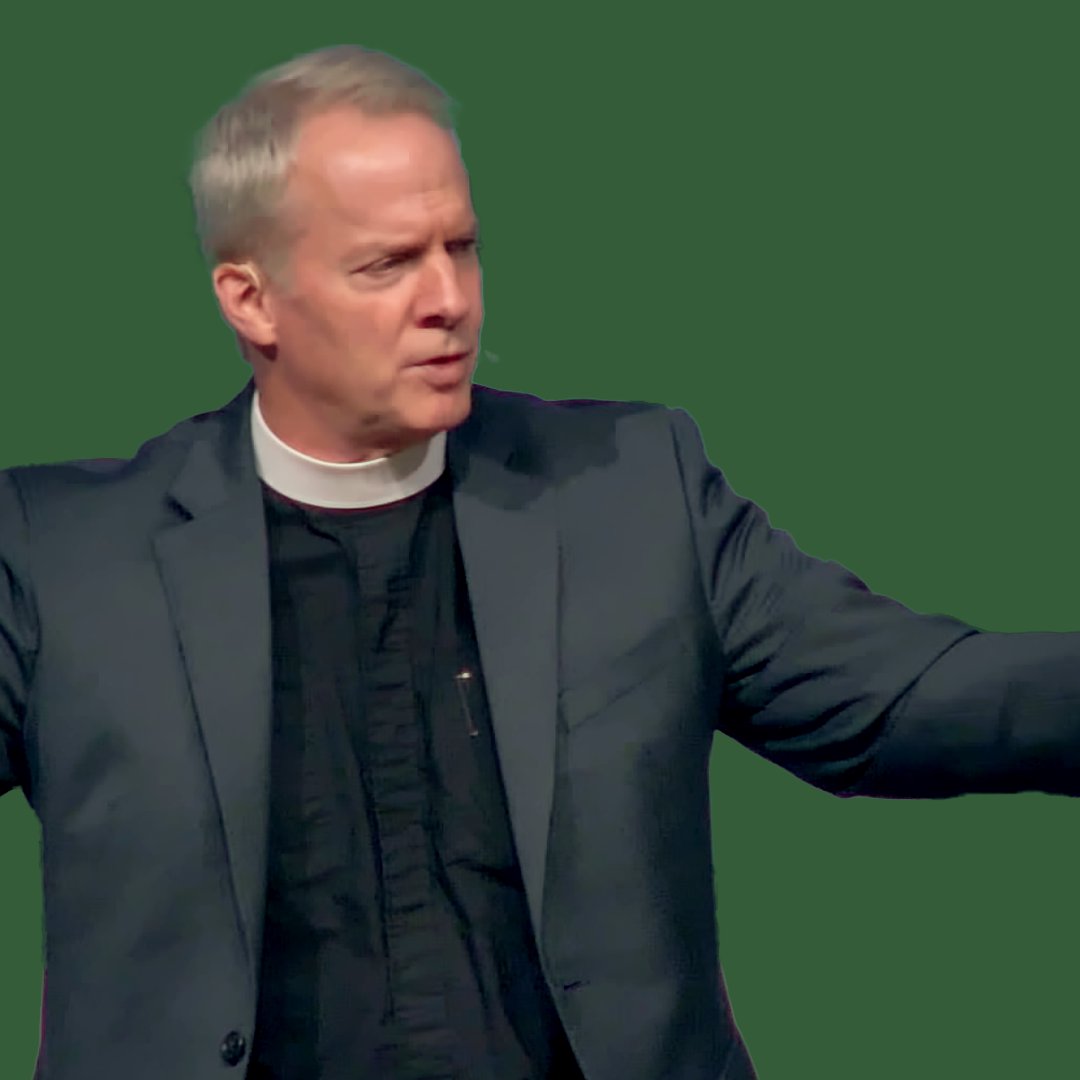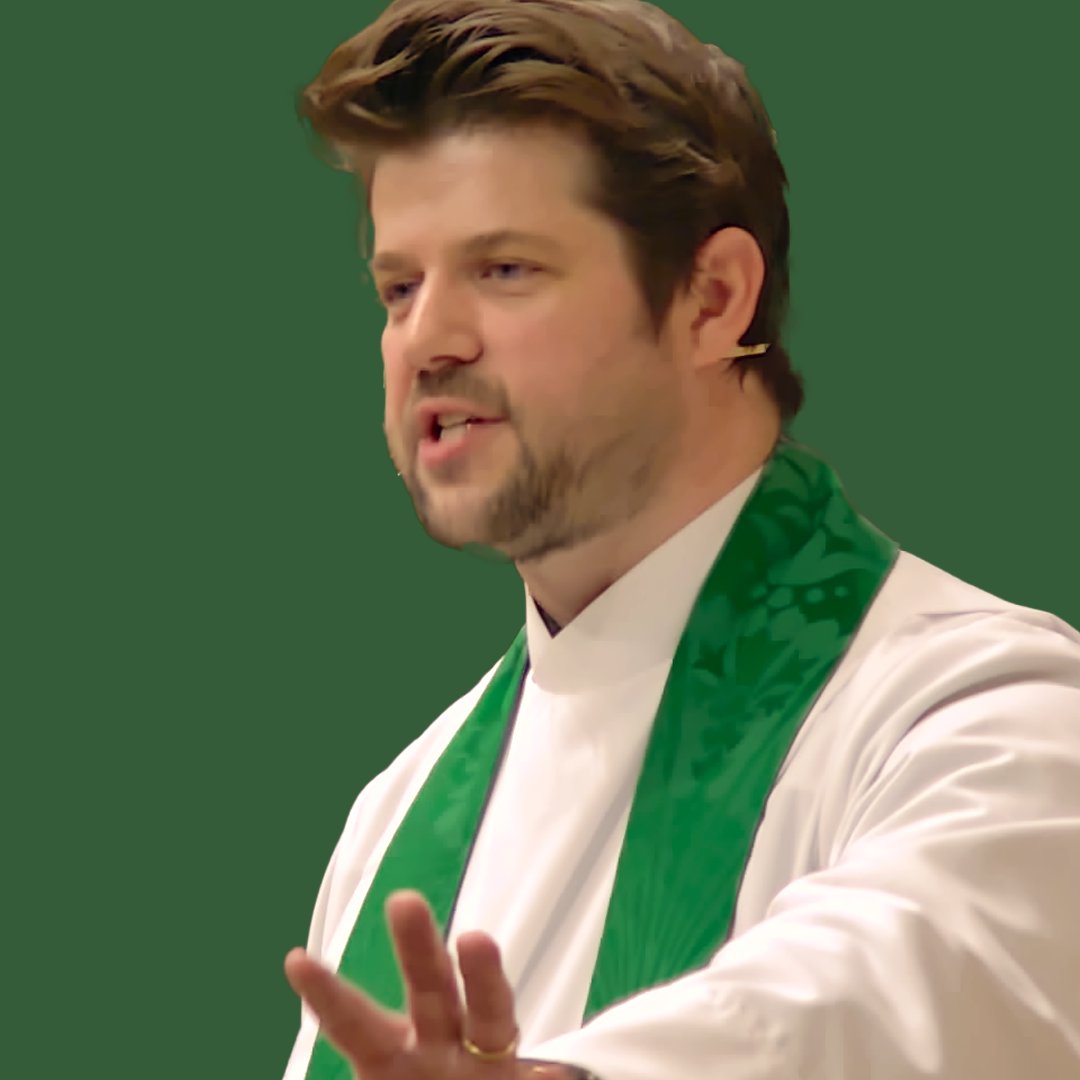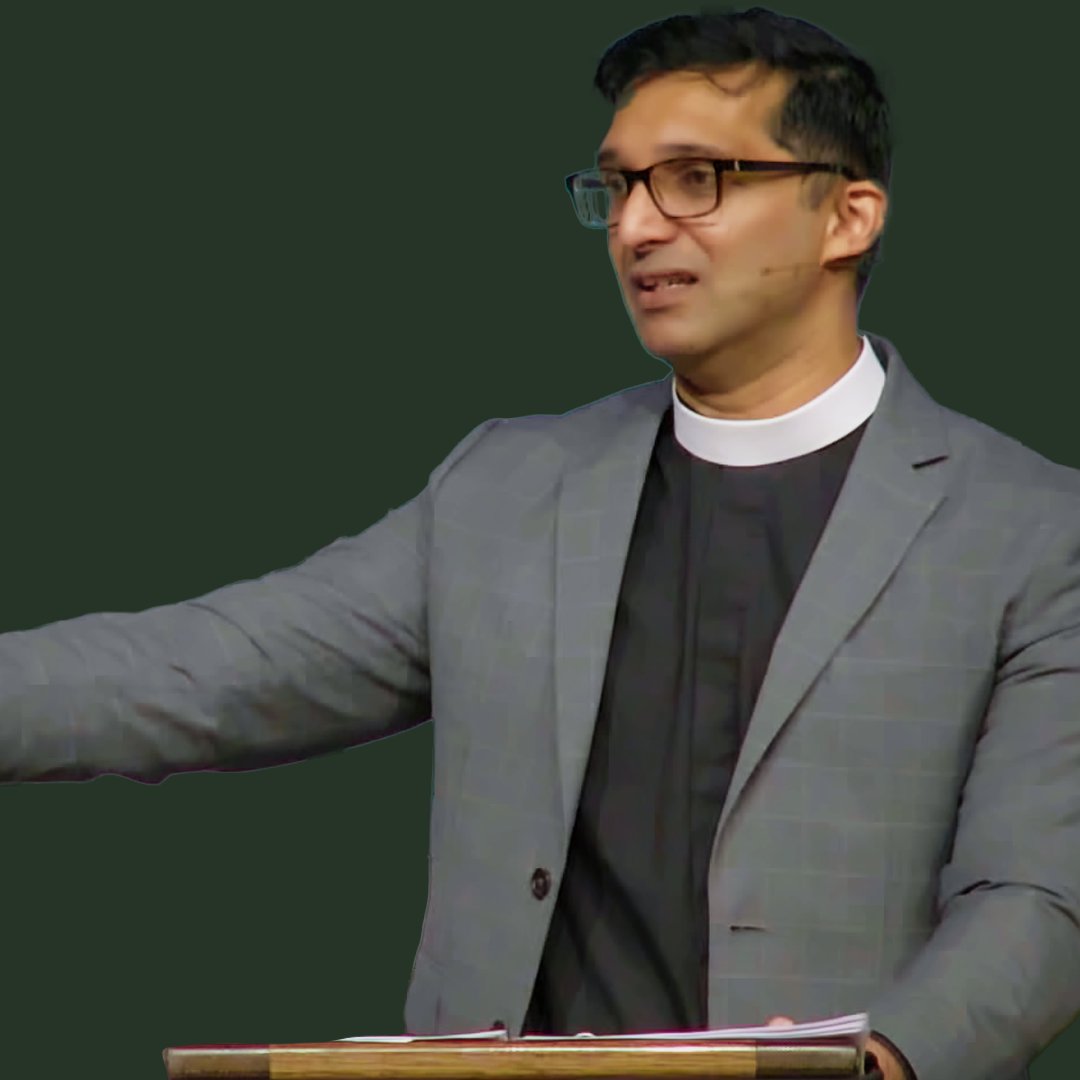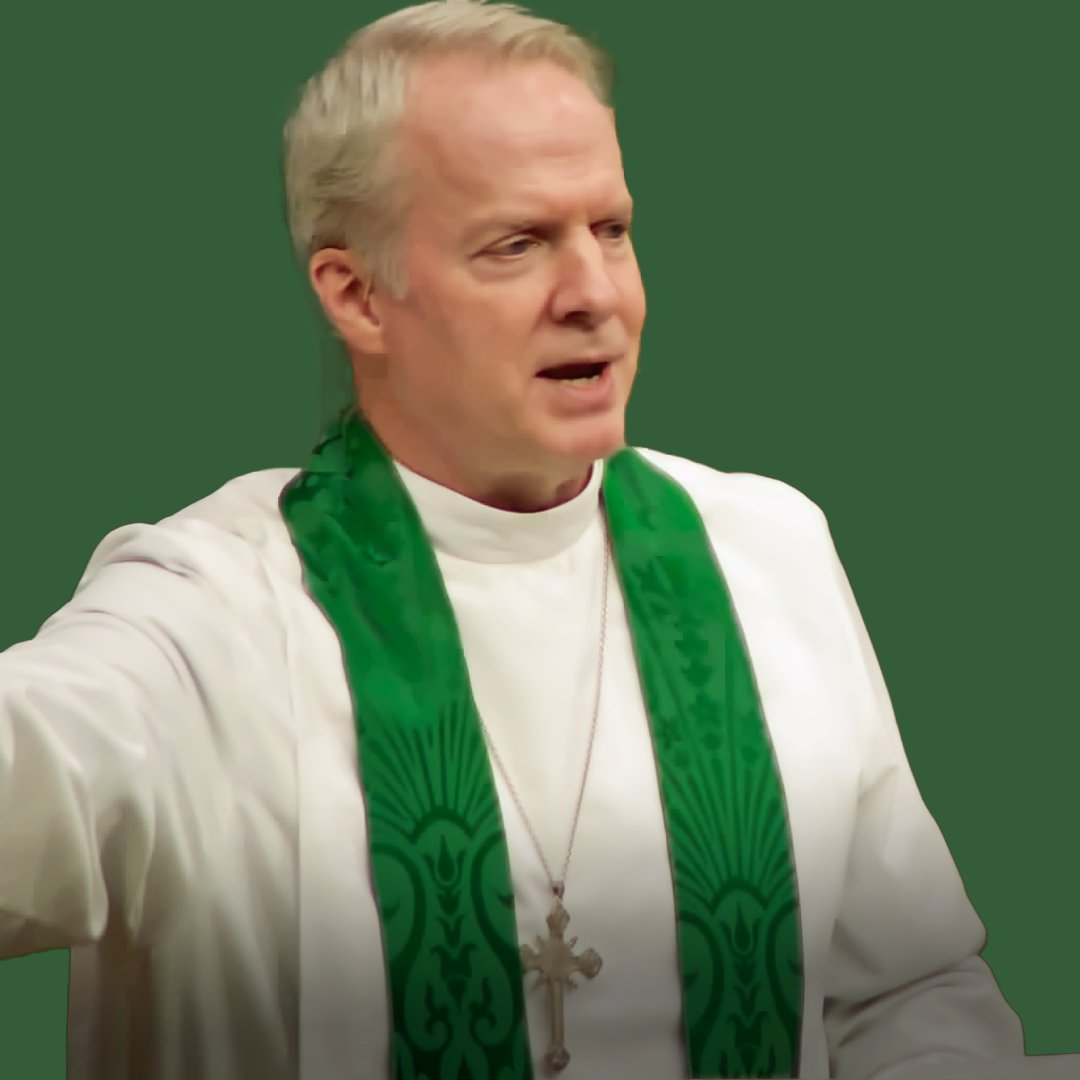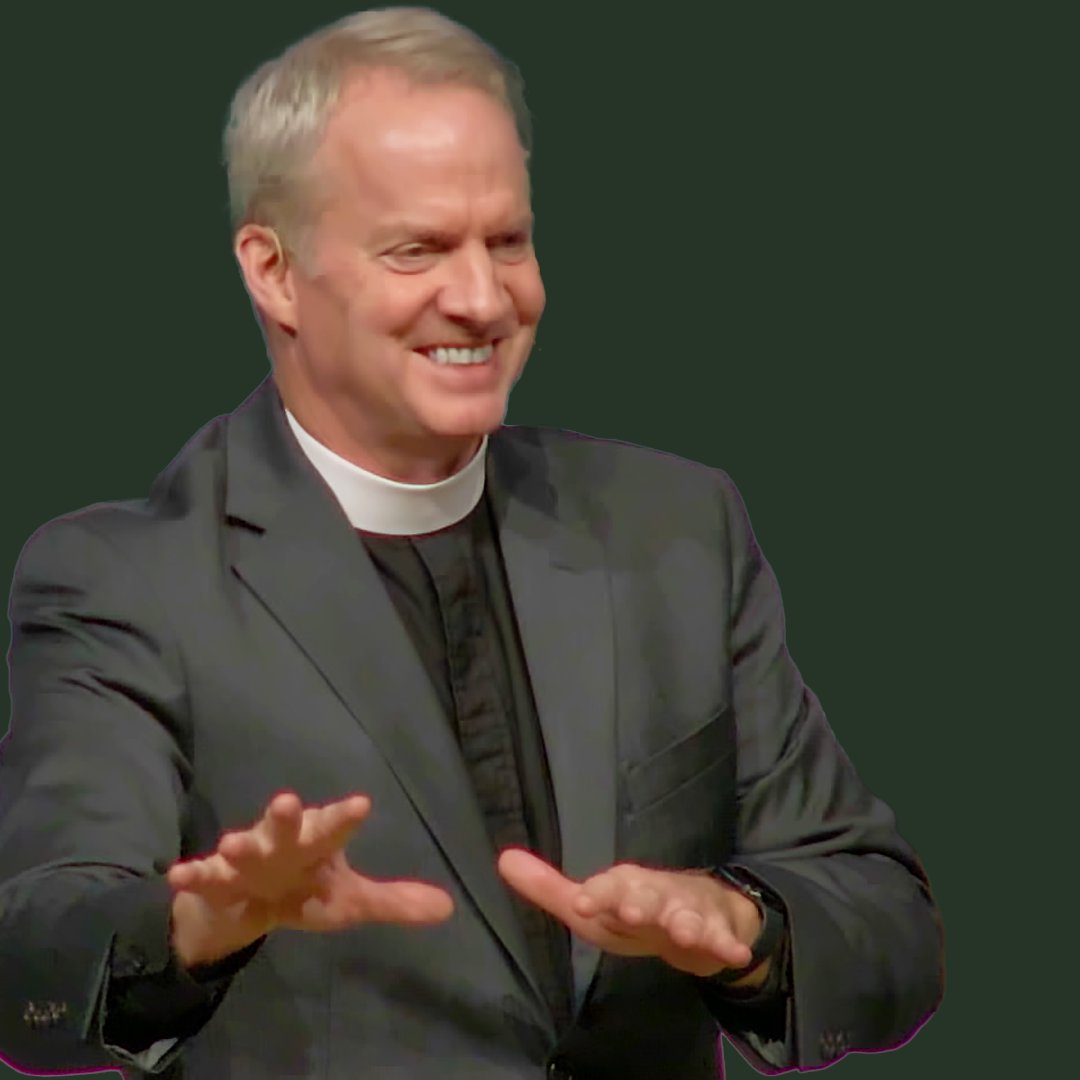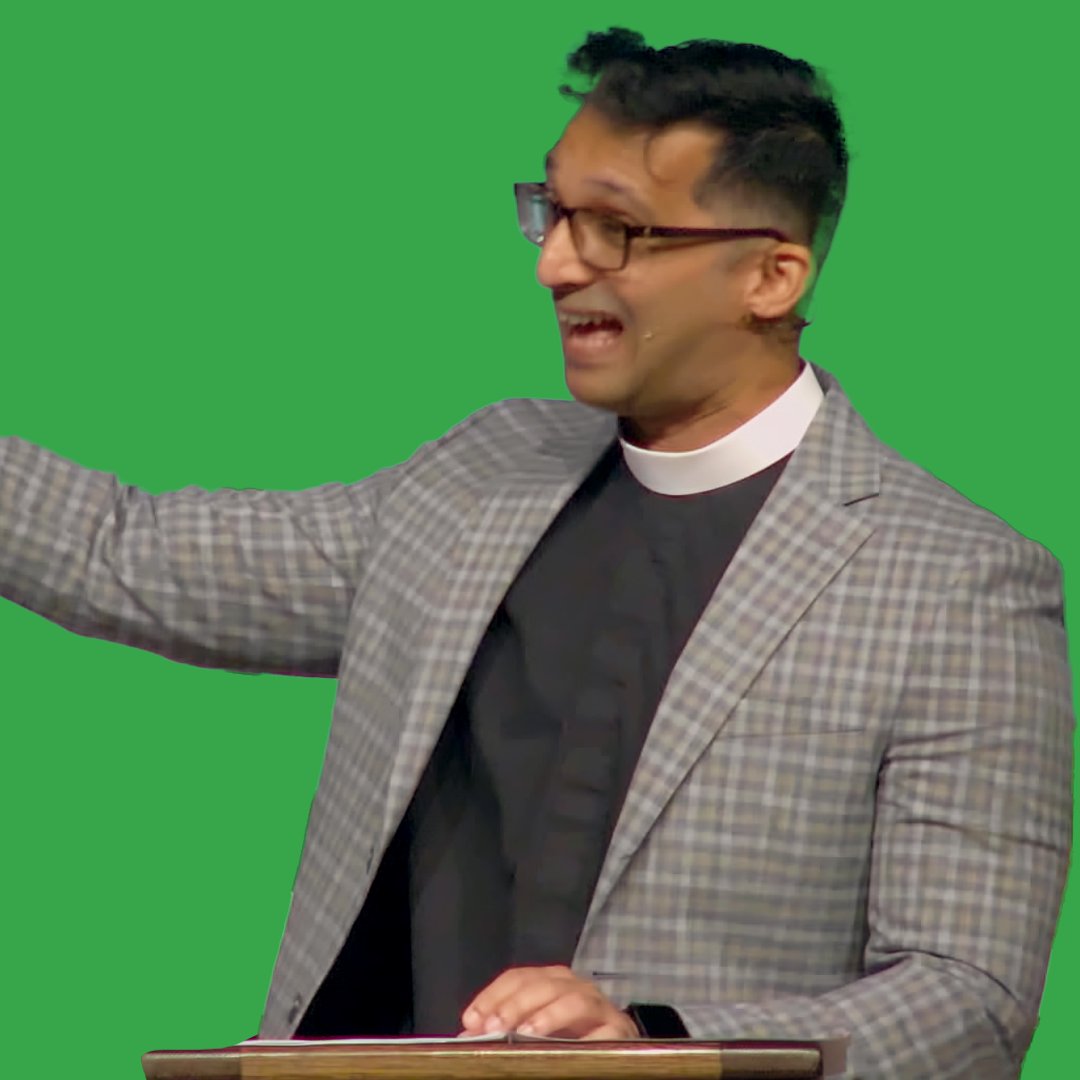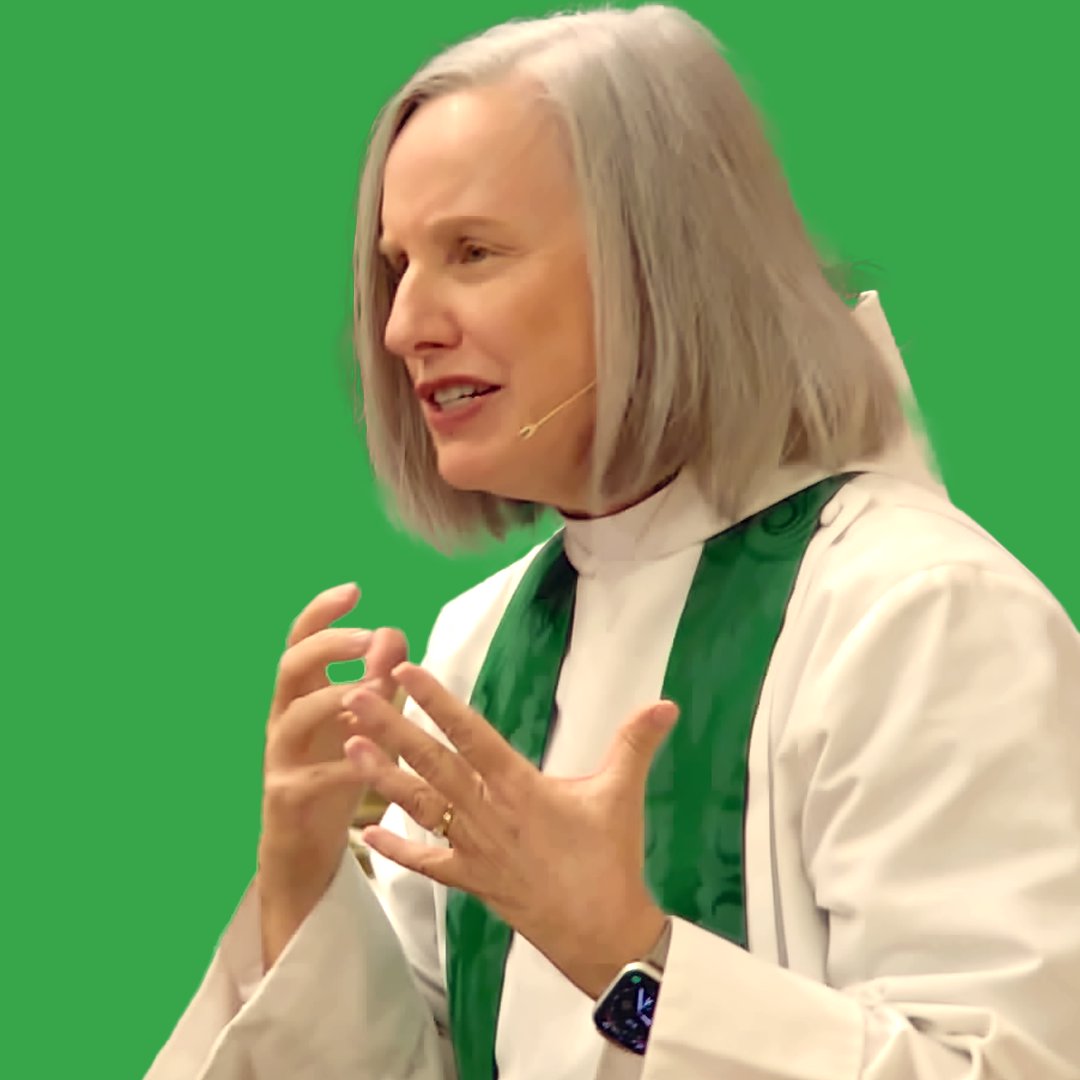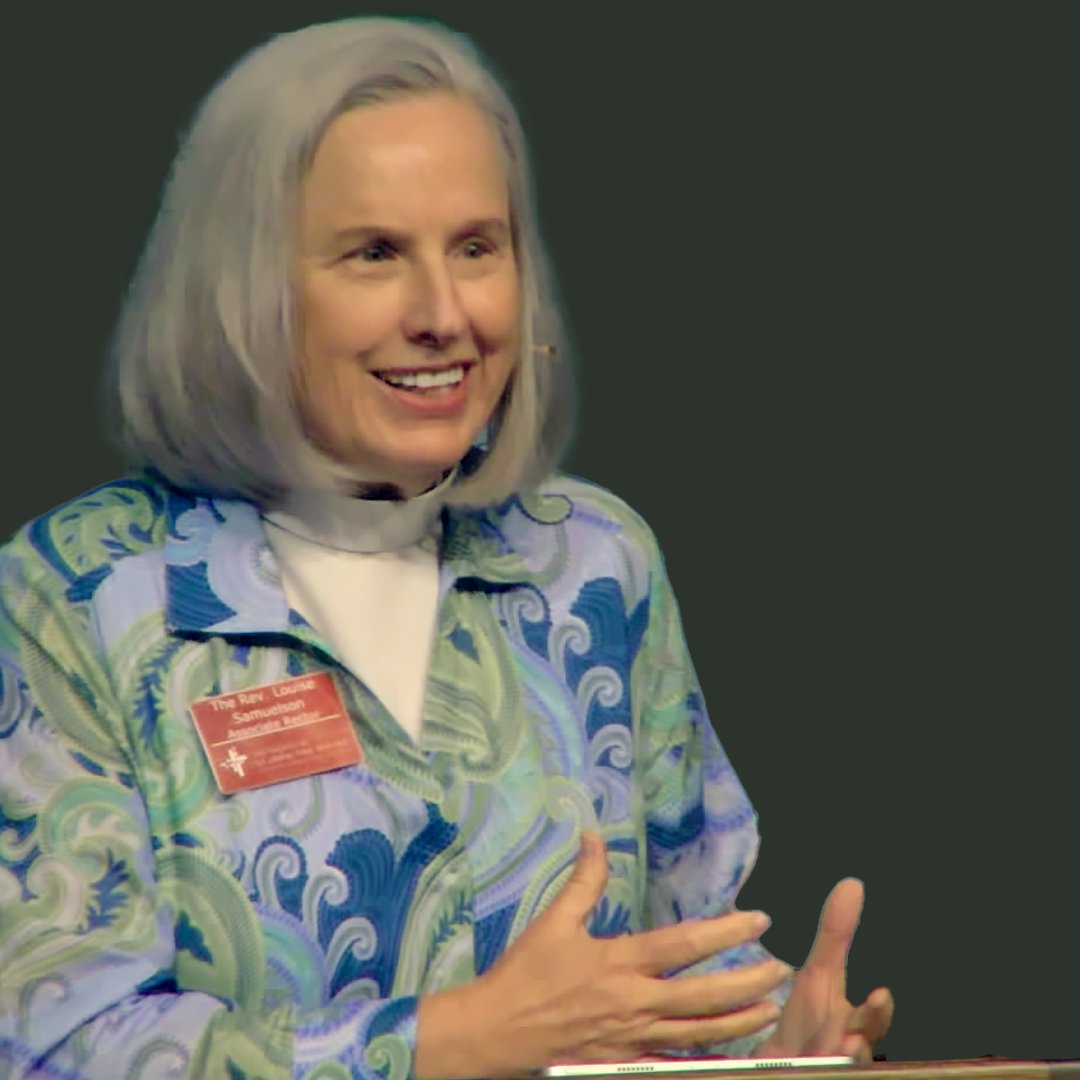Discover Sermons from St. John the Divine
Sermons from St. John the Divine

570 Episodes
Reverse
We have the awesome privilege of being invited to the greatest celebration ever held. The king of the universe invites us to the wedding banquet of his son. So many take such a glorious invitation lightly or even hold it in contempt. But how will you respond?
In this first week of our Advent series “Singing While We Wait,” we explore one of the most universal human experiences: waiting.Waiting can be mundane, exciting, painful, or full of longing. The Bible is filled with people who waited—Noah in the ark, Abraham and Sarah for a child, Israel for deliverance. And just like them, we often find ourselves waiting for God to move, heal, answer, or renew.This sermon invites us to recover that same holy rhythm through the first Advent song: a song of hope. Hope rooted not in wishful thinking, but in remembering God’s faithfulness yesterday so we can trust His faithfulness tomorrow.If you’re carrying anxiety, longing, or unanswered prayers, this message offers a way forward:sing while you wait—because God is working even now.
This Advent, we begin the Christian year not with shepherds or angels, but with Jesus’ own urgent call: Be ready. With wisdom, humor, and pastoral directness, Bishop Josiah urges us toward the heart of Advent: Semper Paratus, always be prepared. Not for fear, but for faith. Not for speculation, but for trust. Not for passivity, but for the mission Jesus gave us: go into all the world and proclaim the gospel.A timely and stirring reminder as we enter the season of expectation:Are you ready?
On the 100th anniversary of Christ the King Sunday, Reagan explores what it really means for Jesus to reign. Not through power or domination, but through the cross, self-giving love, and a kingdom shaped by sacrifice. The question for us: Is Jesus truly first in our lives?
Many young people today are not just asking whether God is real. They are asking whether God is good. On Christ the King Sunday, this sermon turns to the cross to answer that question with clarity and hope.Jesus reveals a kingdom unlike any earthly power. He does not rule through force or domination. He takes on the weight of sin, suffering, and death itself to bring healing and new life to the world. At the place of the skull, when everything seems lost, God shows his true heart.This message invites us to look at Jesus and see the God who created all things, who holds all things together, and who draws near to our pain with redeeming love. Christ is our Savior. Christ is our King.
Reagan reflects on a recent trip through Asia where he witnessed a growing hunger for prayer and a longing for a God who truly knows His people.He reflects on global hunger for prayer, the witness of persecuted Christians, and Paul’s charge to Timothy, he invites us to rediscover Scripture as the place where we hear God’s voice, receive His unconditional love, and learn to love others in the same way.This is an encouragement to return to the Bible, not as an obligation, but as a relationship. God still speaks through His Word and fills us with His Spirit so that we may live lives shaped by grace rather than by conditional love.
In this sermon on Luke 21, Leigh reflects on a missed moment in a New York taxi and how Jesus prepares His followers for times of pressure. The temple’s purpose is fulfilled in Christ, and every believer, from the early martyrs to ordinary Christians today, is called to pay attention to the moments when the Holy Spirit prompts us to speak.These “micro-amphitheaters” show up in everyday life: a comment at a bridge table, a joke on the golf course, a choice at home or at work. Jesus promises that when those moments come, the Spirit will give us what we need. Our part is to live each day rooted in grace so that bearing witness becomes second nature.
When Jesus is confronted by the Sadducees about the resurrection, His answer is more than a clever response. It is a revelation of who God is. God is not the God of the dead, but of the living. His covenant promises do not end at death. They are fulfilled and deepened through the resurrection.In this sermon, The Rev. Trent Pettit explores what it means that God draws life from death and that His faithfulness outlasts ours. Resurrection is not an escape from creation but God's commitment to redeem it. This is the hope that frees us to live patiently, humbly, and joyfully in Christ, here and now.
This sermon wrestles with a tender question from Luke 20: will we still be with our spouses in heaven? Jesus’ answer points beyond marriage to something even greater. Marriage is a good gift for this age, given for mutual joy and comfort in a world of sorrow. In the age to come, every need that marriage meets is fulfilled perfectly in the risen Jesus.We are first and foremost children of the resurrection. All good things find their proper place under Christ, who is our ultimate good and our lasting joy. Come be encouraged to love your spouse, your family, and your calling with gratitude, while centering your life on Jesus who is all in all.
On All Saints Sunday, we remember the great heroes of the faith who continue to inspire us to believe and live for Christ. But this day also calls us to reflect on our own faith.What would it take for our lives to inspire others in the same way? In this message, we are invited to live an “All Saints” kind of faith: to know Jesus deeply, to love Him fully, and to follow Him faithfully, not as the hero of our own story but as part of God's great story of redemption.
On All Saints Sunday, Bishop Jeff W. Fisher reminds us of a simple but life-changing truth: God doesn’t discriminate between sinners and saints.Through the waters of baptism, we are marked as Christ’s own forever, forgiven, loved, and called to new life in Him. Drawing from his own story at St. John the Divine, Bishop Fisher reflects on the gift of grace, the power of community, and the love that unites all the saints, both past and present.Join us as we give thanks for our baptism, for God’s unearned love, and for the saints who have shown us what that love looks like in action.
In the final message of our Letters to a Young Christian series, The Rev. Dr. R. Leigh Spruill reflects on Paul’s final words to Timothy and the calling to carry the faith forward. Like runners in a relay, we are entrusted with the gospel not to hold it, but to pass it on.Drawing from 2 Timothy 4, this sermon challenges us to live with purpose, to love deeply, and to invest the grace we’ve received into others. Faith is not about success—it’s about succession. The question is: who are you passing the baton to?
In this sermon, The Rev. Trent Pettit reflects on Psalm 65 and the deeper meaning of gratitude. Thanksgiving is more than good manners; it is how we recognize that everything we have and everything we are comes from God.Our gifts, our worship, and even our very lives are acts of praise and offerings that join us to God’s own self-giving in Christ. Through this lens, the tithe becomes not a transaction but a transformation: a way of giving ourselves to God’s ongoing work of redemption, healing, and hope in the world.Join us as we remember that we are not self-made but grace-made, drawn into God’s song of love for all creation.
What is truth? In a world of noise, distraction, and deception, God calls us to discern what’s real through His Word. In this message from Letters to a Young Christian, we look at Paul’s teaching to Timothy about recognizing lies, guarding our hearts, and anchoring ourselves in Scripture, the only foundation that will never fail.Part 5 of our series, “Letters to a Young Christian.”
When Jesus tells the story of the persistent widow and the unjust judge, he’s not comparing God to a bad judge. He’s showing us how much greater God’s love and faithfulness are. In this sermon, we’re reminded that prayer isn’t about wearing God down but about being drawn close to the One who never gives up on us.
Memory is one of God’s greatest gifts. In this week’s message, we look at Paul’s words to Timothy and the power of remembering. We remember God’s faithfulness, the people who shaped our faith, and the truth that even when life feels confining, the Word of God is never bound. No matter what we face, God’s presence and promise of freedom remain unshaken.
We’re constantly surrounded by messages about what the “good life” should look like — more money, more success, more stuff. But in 1 Timothy 6:6–19, Paul offers a radically different vision. In this week’s sermon, we explore how the good life isn’t about wealth or perfection — it’s about godliness, contentment, generosity, and hope in Christ.
What if the people the world overlooks are the very ones God sees most clearly? In this sermon, we dive into Jesus’ story of Lazarus and the rich man and discover a God who knows every name, welcomes every person, and calls us to do the same. When we open our hearts, share what we have, and look beyond our own gates, we get a glimpse of God’s kingdom, a place where everyone belongs and no one is forgotten.
In this second message from Letters to a Young Christian, we reflect on God’s deepest desire—that all people would be rescued, forgiven, and brought near through Jesus Christ. As we discover God’s heart for the world, we are invited to make His desire our own: to pray for all people, to live in peace, and to share the love that has transformed us.


